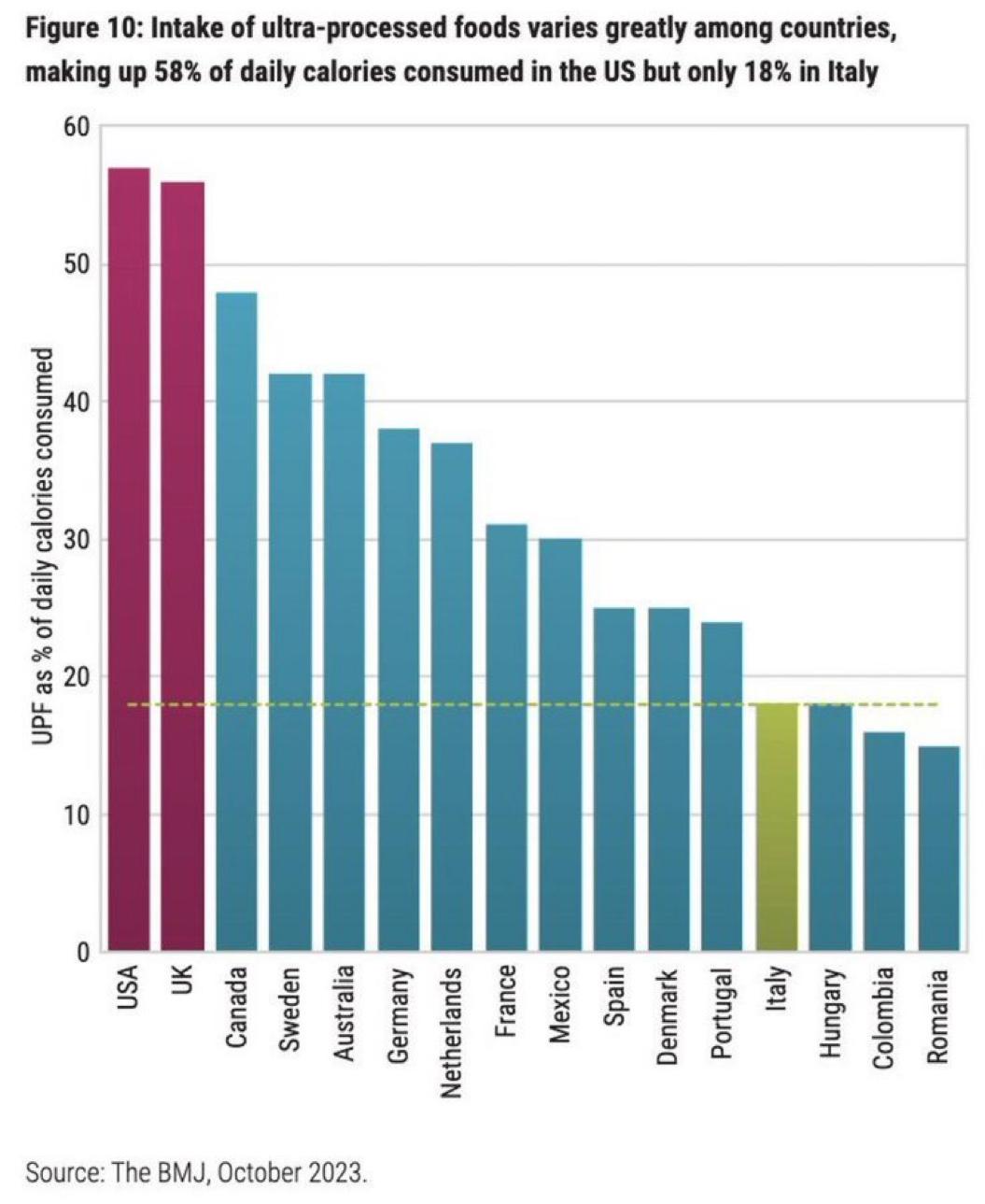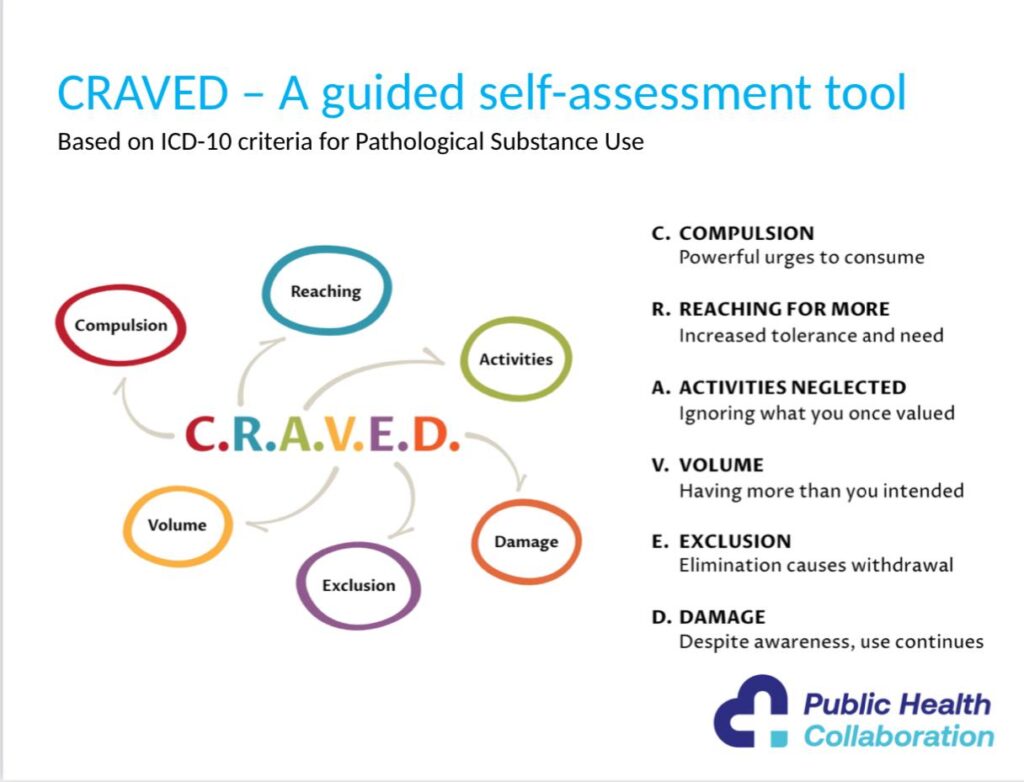“Food Addiction? There’s no such thing!” We’re joking, right? Well, officially there is no such thing as food addiction! The ICD10 (International Classification of Diseases) which is the official bible of disease states, lists all sorts of addiction from sex to gambling, from smoking to alcohol etc but food? No! An international group of us are trying to change this but according to the ICD, it is in the “too difficult box” Go Figure! (We suspect the Big Food lobby has a hand in this but there we are…)
So yes, food addiction definitely IS a thing, but the journey is not simple. Food addiction is an incredibly complex condition (how many of us feel we have a completely healthy relationship with food?) but with the right support and advice, you can improve things and regain a healthy relationship with the food you eat. In this blog, we will look at the crippling effects of food addiction and how many of us could unwittingly have the condition. How our service can help address food addiction and the side effects, that come along with it.
What are the red flags of Food Addiction?
We discussed this a while back on our podcast with Dr Jen Unwin. There are various food addiction scales and questionnaires, but Jen’s CRAVED mnemonic is a great place to start:
Food addiction can be hard to diagnose. Let’s face it no one NEEDS to smoke, or drink alcohol so it’s possible for addicted individuals to completely avoid them. But we ALL need to eat! Food addiction takes eating to a whole new level… frequently obsessing over specific foods and lacking any semblance of self-restraint. Additionally, your appetite will be seemingly endless. Too much is never enough. Even when full you will still crave certain foods. Sound familiar?
Because food addiction goes largely unrecognised, especially given the food environment that surrounds us, it can be difficult to spot, still less come to terms with, our food addiction tendencies.
It’s truly not your fault!
Big Food has only one mission – and it’s not your health. They want you to consume ever more of their wares! So, they employ and harness the minds of the best and the brightest to produce hyper-palatable foods.
“Hyperpalatable” or “Bliss Point” foods are engineered to be the perfect combination of fat, salt and sugar, to produce the biggest possible dopamine spike. Yes, these foods are purpose-designed to spike our dopamine in exactly the same way that addictive drugs or any other form of addiction does. But these hyperpalatable food-like-substances lack all valuable nutrients so sharing many characteristics with ultra-processed foods which are profoundly detrimental to your health and well as very addictive!
Food addiction has obvious psychological effects. For example, if you have a “comfort food” this might be a sign of food addiction. Comfort foods are often used to help suppress or soothe difficult emotions. Food addicts might also avoid social gatherings, neglect certain responsibilities, or even feel guilty about binge eating. Just like alcohol or cigarettes, food addiction can have a massive hold on an individual. Left unchecked food addiction can permeate all aspects of your life and lead to obesity and diabetes on the one hand and depression on the other. ProLongevity can certainly help with food addiction and prevent obesity and diabetes from developing. We’re helping our clients “take back control” of their lives and fight food addiction.
Interested?
Should you be worried about Food Addiction?
In a word? Yes! Food addiction is certainly not a problem for everyone, but in the modern food environment, it is all too easy to unknowingly develop a food-related condition. The vested interests of food companies have made brilliantly marketed ultra-processed food widely available thereby creating a nutritional crisis and leading 1000s of people to develop serious conditions such as prediabetes. As a result of the universal accessibility of cheap ultra-processed foods, we are becoming ever more vulnerable to food addiction. Clever marketing and the promise of convenience are designed to conceal the truth about junk foods making them so much harder to avoid. For many of us, the answer is disarmingly simple. Cook from scratch as often as you can. Easier said than done for the average working person. Fortunately, the ProLongevity program is an effective answer to food addiction for many of our clients, with the promise of leading longer, healthier lives, freed from what our founder Graham Phillips calls the “tyranny of food.”
Is Food Addiction hard to address?
As we’ve said… everyone must eat. For that reason alone, food addiction is not easily addressed let alone reversed. But the first step must be admitting to yourself that you have a problem. All of that said, rest assured, that yes, it’s possible to tame your addiction but to do so you will almost inevitably need assistance from others. Programs like ours are a great place to start. We can help you manage the tough and long process of addressing food addiction so that you can have a healthy relationship with food once again. “A problem shared is a problem halved.” It is an apt quote because even if you decide not to join our program, seeking support is key. Support from a loved one as well as your wider social circle can make it far less daunting.
What does Food Addiction mean for my health?
Food addiction doesn’t seem particularly serious especially when compared to smoking addiction. But when you look at the overall consequences, food addiction could be at least as damaging as smoking, maybe worse. Nutrition is the most important aspect of our overall health so an addiction to certain foods can be a disaster. Food addiction typically leads to conditions like diabetes, cardiovascular disease, cancer etc, life-limiting conditions that will destroy your quality of life as well as shorten it.
Living with a food addiction means constantly suffering poor energy levels, low mood, low self-esteem, brain fog and discomfort from overeating. In short, it will make your life miserable. Left long enough these conditions will cause irreparable damage leading to conditions such as diabetes. Although they can be reversed, will likely leave an insulin sensitivity issue that will affect your diet throughout your life. But there’s good news! Once you find the right support and start to tackle food addiction you will quickly find every aspect of life improves. Dr Georgia Ede recently published research into the benefits of a keto diet on those with a poor-quality diet, showing that within 3 weeks many participants had improved mental health symptoms. We can attest to this: our clients experience a health revolution in their journey with our support! Clients report renewed energy even when they are finished with our program.

What can I do to prevent Food Addiction?
There are various ways to help prevent food addiction, first and foremost by avoiding those addictive ultra-processed foods. But it can be hard to know what is ultra-processed, so here’s an easy rule: When food shopping, avoid the middle aisles. When you take your food purchase off the shelf, ignore all the claims on the front of the packet. Those are just marketing hype. Look at the back of the packet and if it contains five or more ingredients, some of which you’ve never heard of, put it back! Beef or broccoli don’t need an explanation and the packets don’t read like a chemistry experiment! You would never say to an alcoholic “Drink in moderation” or to an ex-smoker “The occasional fag is fine”. If you are food-addicted don’t fool yourself the only answer is total abstinence.
At ProLongevity we don’t just help clients recognise their food addiction, we can also provide effective strategies to help address the problem. Another way to overcome food addiction is to take a critical look at how it might be impacting your social life. Addiction can be socially isolating which only makes a bad situation worse. If this sounds familiar to you it’s crucially important to recruit the support of friends and family. Admit you have a problem and seek their support just as you would do with any other type of addiction. If you struggle to break the cycle of food addiction why not book a free consultation with Graham who will be able to help you live healthier for longer.
Help for Food Addiction
Food addiction is a hidden problem that flies under the radar. Ultra-processed foods and other trigger foods (cheese for example) lead to a cycle of poor health that is incredibly hard to overcome. Food addiction can lead to social isolation thus further degrading a person’s quality of life and making it even more difficult to recover from this condition. Don’t be fooled, Big Food is just as delighted with your food addiction as Big Tobacco is with your nicotine addiction. Food addiction is just one more cause of the nation’s declining health.
Despite the isolation food addiction can cause, it’s imperative that people suffering from food addiction try to combat this by speaking to family and friends and by seeking support through programs like ours which are completely personalised and designed to improve overall health for everyone, including people with food addiction. Of course, we tackle obesity, pre-diabetes and type 2 diabetes too. There are many ways to overcome your food addiction but let’s acknowledge that food addiction is incredibly difficult to deal with alone. If you or a loved one are suffering, please book a free no-obligation consultation. Your journey, to living healthier, for longer begins here!






